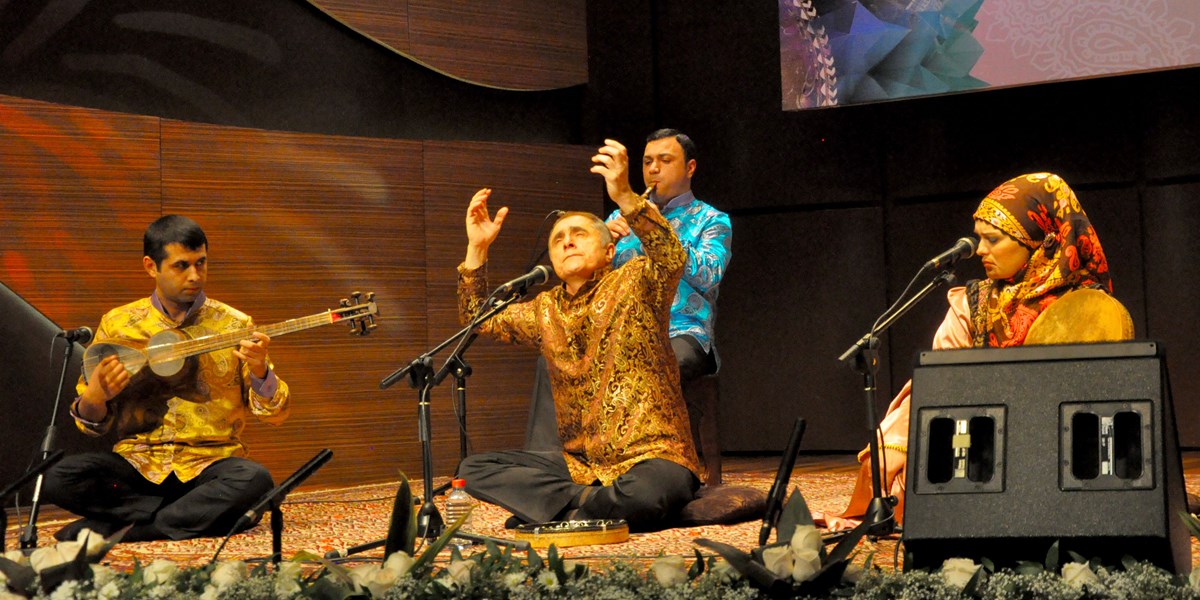Thursday, October 7, 2021
Alim Qasimov | A Beginner's Guide
Simon Broughton surveys the impressive career and beguiling back catalogue of the classical Azeri singer Alim Qasimov, including his extensive collaborations with his daughter Fargana Qasimova


Register now to continue reading

Thanks for visiting the Songlines website, your guide to an extraordinary world of music and culture. Sign up for a free account now to enjoy:
- Free access to 2 subscriber-only articles and album reviews every month
- Unlimited access to our news and awards pages
- Our regular email newsletters

